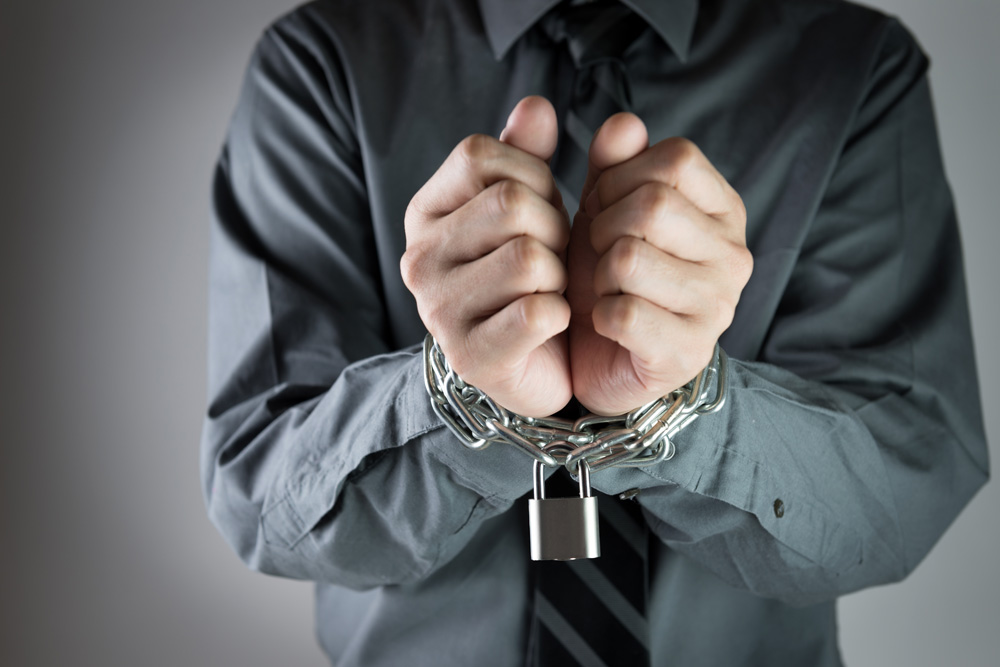
Yesterday, I finished a nine-week legal malpractice trial receiving an 8-figure verdict. The judge, before whom I tried the case taught me an important lesson concerning experts when the defense attorney sought to tie the hands of one of my experts.
Near the end of my case, I am arranging exhibits and demonstratives I intend to use with my valuation expert. He is the lynch pin of the damage verdict I obtained against an attorney who ruined a business that was the first to the American market with an organic tequila. My expert has prepared valuation figures for the business to establish the harms and losses the malpractice caused. My opponent is a wily old strategist who over almost 45 years has established not only a formidable reputation for winning impossible cases, but an almost perfect 155 and 3 trial record.
Defendant’s Attack on My Expert
Before the court room attendant ushers the jury into the courtroom, my opponent rises and argues that my expert, who will deliver the big damage testimony for me, should not be allowed to testify because “There is no factual basis to support the opinion.”
I respond, “Your honor, my opponent is mistaken. The expert has spoken with an officer of the company he has identified as a comparable business. He obtained the information confirming the assumptions he made and testified to during his deposition.”
The attack on this most important witness begins when the defense attorney seeks to prevent his reference to the information from the company officer.
The judge asks, “On what basis do you think I should exclude the testimony of the expert?”
Continue reading “The Judge Taught Me How to Tie the Expert’s Hands”



